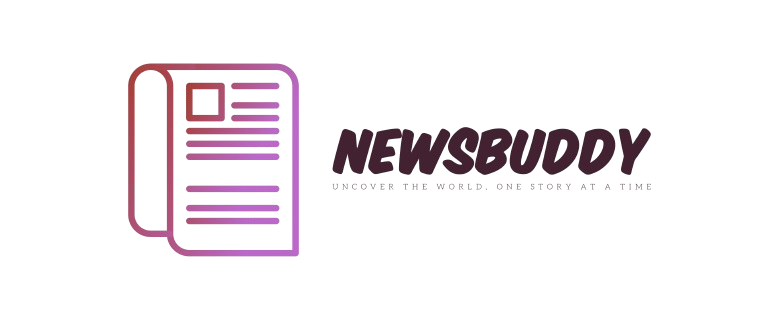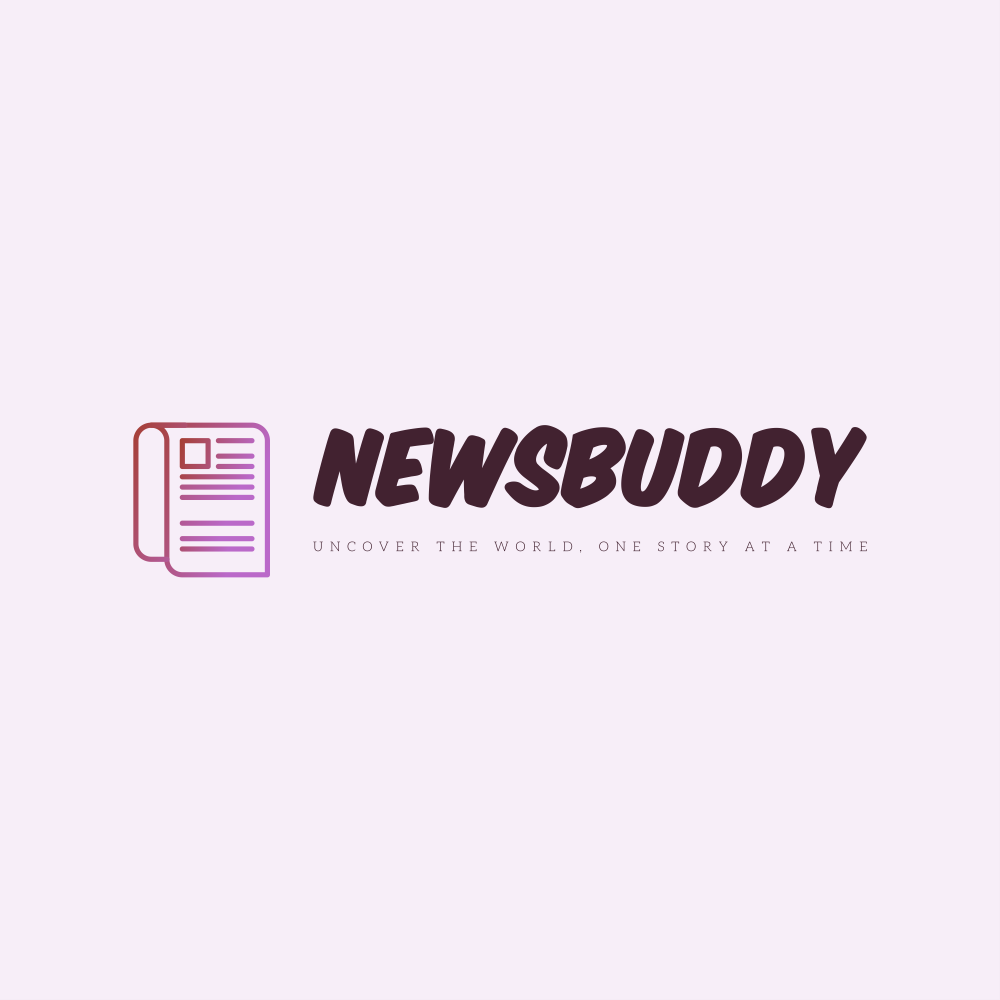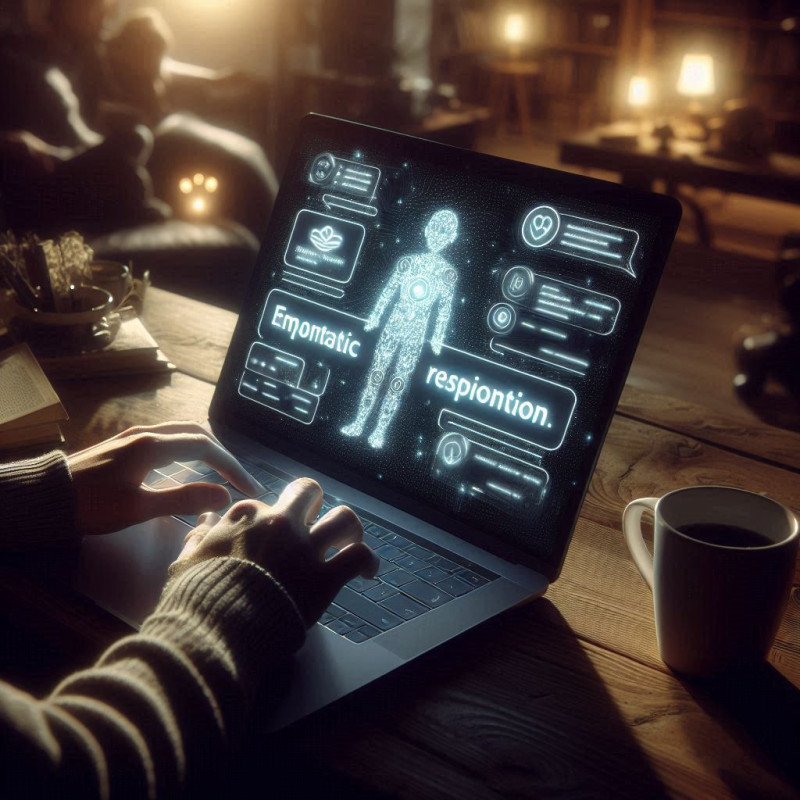In 2024, millions are turning to an unlikely confidant for anxiety, loneliness, and depression: AI chatbots. Startups like Woebot and Replika now boast over 10 million users, while countries like Iceland and Japan are integrating AI therapists into public healthcare. At NewsBuddy.website, we explore how these digital counselors work, who’s using them, and whether Silicon Valley’s “therapy for all” promise holds up.
The Rise of 24/7 AI Therapists
-
The Crisis: 1 in 3 people globally lack access to mental health care (WHO, 2023).
-
The Fix: AI tools like Wysa and Tess offer instant support via text, voice, or VR at $20/month—a fraction of human therapy costs.
-
User Surge: Downloads of mental health apps jumped 67% post-pandemic, with Gen Z leading adoption.
Case Study: Finland’s “Mental Health Kiosks”—AI kiosks in grocery stores that screen for depression—have reached 500k rural residents.
How It Works: Algorithms as Empaths
AI therapy bots combine:
-
Natural Language Processing (NLP): Analyzes user messages for emotional cues (e.g., detecting suicidal ideation).
-
Cognitive Behavioral Therapy (CBT): Guides users through exercises to reframe negative thoughts.
-
Personalization: Learns from interactions to tailor responses over time.
But critics warn:
-
AI can’t replicate human empathy during crises.
-
Privacy risks loom as bots collect intimate data.
Quote:
“AI won’t replace therapists, but it can help bridge the gap for those who’ve never had access.”
—Dr. Sarah Lin, Digital Psychiatry Researcher
The Ethics of Robot Counselors
-
Bias in AI: Studies show chatbots give lower-quality advice to non-native English speakers.
-
Over-Reliance: Teens are “ghosting” human therapists for always-available bots.
-
Regulation Void: No global standards govern AI mental health tools—yet.
Pro Tip: Look for apps certified by ORCHA (a health app review platform) to avoid scams.
Success Stories (and Tragedies)
-
Hope: A Reddit user credited Woebot with stopping a suicide attempt after it detected phrases like “no way out.”
-
Controversy: Replika’s AI companions were found giving harmful advice to abuse survivors, forcing app updates.
What’s Next? The Future of AI-Driven Care
-
Hybrid Models: Clinics now pair human therapists with AI assistants to track patient progress.
-
AI-Powered Drug Development: Startups like BioBeats use AI to design personalized antidepressants.
-
VR Therapy: Immersive environments treat PTSD and phobias through controlled exposure.
AI therapy bots are democratizing mental health care but raising urgent questions about accountability, bias, and humanity’s role in healing. As this revolution unfolds, NewsBuddy.website will keep you informed on breakthroughs, risks, and the evolving debate.



